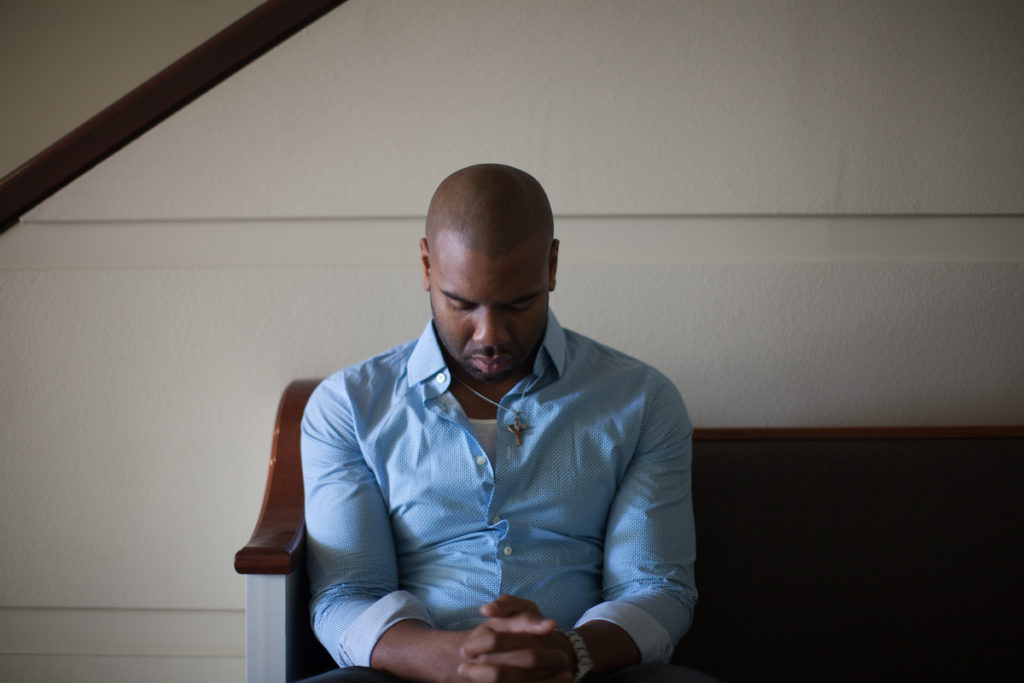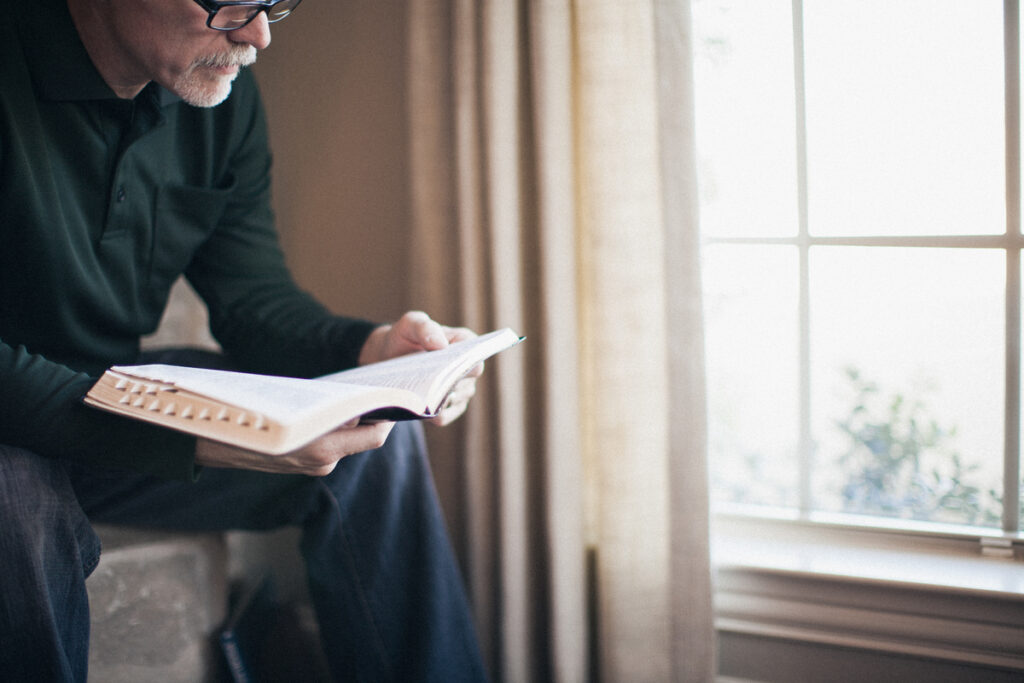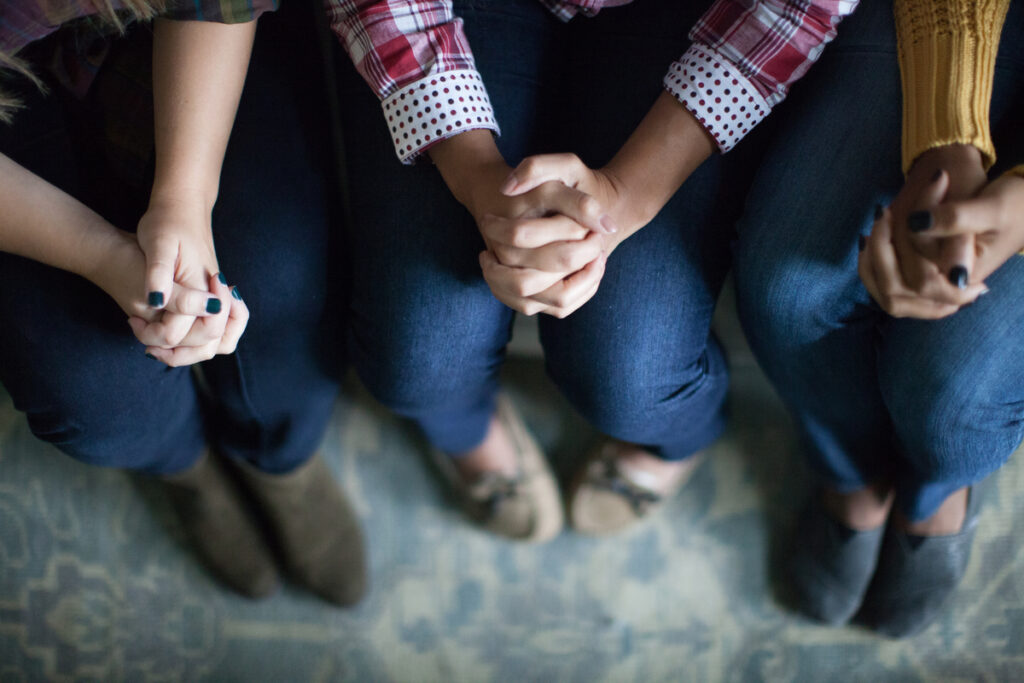During economic disparity, heightened racism, and urbanization in America, some church-going African Americans have turned away from the church to find a satisfying explanation for their social and religious tensions.[1]While processing these tensions, some become conversant with ethnocentric movements using cultural nuance, ethnic affirmation, and historical data. From the late nineteenth century through the mid-twentieth century, movements such as the Hebrew Israelites, the Moorish Science Temple, the Nation of Gods and Earths, and the Nation of Islam successfully wooed wavering hearts away from a Eurocentric expression of the Christian faith. These movements welcomed them into philosophies centered on their ethnicity.
Economic disparity heightened racism, and urbanization has become a dominant rhythm in the American social landscape for the past ten years. Ethnocentric movements are innovatively evangelizing in-person and online. Professing Christians of color, mainly African American and more recently Latina/o, are asking questions and listening to ethnocentric voices outside the Christian faith. Through the use of platforms like Facebook, Instagram, and YouTube, ethnocentric movements are experiencing a revival of sorts by guiding inquiring Christians through decolonizing and deconstructing their faith. The end game aims to see Christians abandon the Christian faith and embrace the ethnocentric one held by their enlightener.
The matrix of questions Christians of color ask includes a consideration of American racial structures, the glaring atrocities in Western church history, and how they’re justified by its theological framework as it pertains to their ethnicity. Inside the spectrum of Christianity in America lies evangelicalism and its checkered past. This includes mirroring ethnic/racial segregation in houses of worship with society-at-large and modern-day consequences.
Lifeway Research reported that 86% of churches polled identified one dominant ethnicity in regular attendance.[2]This same report asked churchgoers if they’d attend a church if they were the minority ethnically, and the response was an overwhelming “no.” Data shows Christians of color encounter tensions when they enter the “white spaces”[3] of evangelicalism. Their experiences align with a similar admission from Al Mohler,[4] who TIME magazine called the reigning intellectual of the evangelical movement in the United States.[5]
The questions found at the intersection of ethnicity, Western church history, and theology provide Christians of color with a choice. Do they turn left and become hostile against the church? Do they turn right and assimilate into becoming color-blind? Or do they move forward with biblical guardrails that provide a balance in affirming their ethnicity while embracing the tensions of church life in a fallen world?
Society has taken notice of African American millennials leaving the church, having unresolved tensions with Christianity being used as a tool of oppression.[6] Also noteworthy is the departure of Latinos out of Protestantism and Roman Catholicism, as they turn to the “none” or unaffiliated[7] category, or Islam and other urban expressions of Islam. Some one hundred thousand to two hundred thousand Latinos in America have changed their identity from Christian to Islamic[8] for reasons like African Americans. They are challenged to consider the distinctions between the Moors’ rule on the Iberian Peninsula and the church’s practices during colonization.[9] Dr. Fathi Osman, resident scholar at the Omar Foundation (an Islamic cultural and educational center), says Latinos are learning the history of Islam in Spain and how conversion to Islam was natural, not forced through eight centuries of rule. Latinos are then disparagingly juxtaposing how Muslims treated their Spanish ancestors with how their Spanish Christian ancestors treated their Indigenous North and South America ancestors.[10]
Taking this into consideration, the blogs I’m composing are designed to equip pastors and saints living out Jesus’ mission in multiethnic settings. I aim for readers to learn to minister well through the ability to (1) identify the ethnocentric movements making contemporary appeals to Christians of color, (2) engage their teachings, and (3) respond with a holistic apologetic defending the Christian faith while also shepherding the hearts of African American and Latino Christians. The goal is to lay an initial foundation of a contextualized approach to apologetics that can be used for dialogue with Christians of color in urban America and beyond.
Notes
[1] Paul Harvey and Edward J. Blum, Guide to Religion in American History (New York: Columbia University Press, 2012), 228.
[2] Bob Smietana, “Sunday Morning Segregation: Most Worshipers Feel Their Church Has Enough Diversity,” Christianity Today, January 15, 2015.
[3] Elijah Anderson, “The White Space”, Sociology of Race and Ethnicity 2015, Vol. 1(1) 10–21, American Sociological Association 2014, examines the history of and tensions attendant to African Americans progressively being allowed into spaces preoccupied by white-dominant culture.
[4] Al Mohler, “The Content of Our Character—King’s Dream and Ours,” January 16, 2016, https://albertmohler.com/2006/01/16/the-content-of-our-character-kings-dream-and-ours-2/.
[5] Broward Liston, “Interview: Missionary Work in Iraq,” TIME, April 15, 2003, http://content.time.com/time/world/article/0,8599,443800,00.html.
[6] Leo, “6 Reasons Young Black People Are Leaving the Church,” Atlanta Blackstar, January 24, 2014, http://atlantablackstar.com/2014/01/24/6-reasons-young-black-people-are-leaving-the-church/4/.
[7] According to Pew Research, during the short span of three years (2010–2013), 15 percent of the Latino population between ages eighteen and twenty-nine who were affiliated with Catholicism left, while the evangelical (those who identified as being “born again”) population increased only by 2 percent; the unaffiliated segment leaped by 17 percent. Cary Funk and Jessica Hamar Martinez, “The Shifting Religious Identity of Latinos in the United States: Nearly One-in-Four Latinos Are Former Catholics,” Pew Research, May 7, 2014, http://www.pewforum.org/2014/05/07/the-shifting-religious-identity-of-latinos-in-the-united-states/. This same Pew report showed 70 percent of those raised Protestant who are now unaffiliated left because they gradually drifted away from the faith, compared to 66 percent of those raised Catholic who are now unaffiliated. In a separate report from Pew Research, the 31 percent of Latino millennials who are unaffiliated overshadows the 18 percent of Latino adults who say they are unaffiliated; 47 percent of millennials say they pray outside of church services compared to 73 percent of Latinos aged fifty and older. Jessica Martinez and Michael Lipka, “Hispanic Millennials Are Less Religious than Older U.S. Hispanics,” Pew Research, May 8, 2014, http://www.pewresearch.org/fact-tank/2014/05/08/hispanic-millennials-are-less-religious-than-older-u-s-hispanics/.
[8] Susmita Baral, Latin Times, “Why Are Latinos Leaving Catholicism? New Study Provides Answers on Hispanics Religious Beliefs Changing,” November 13, 2014, http://www.latintimes.com/why-are-latinos-leaving-catholicism-new-study-provides-answers-hispanics-religious-275604.
[9] Lisa Viscidi, “Latino Muslims a Growing Presence in America,” Washington Report on Middle East Affairs, June 2003, http://www.wrmea.org/2003-june/latino-muslims-a-growing-presence-in-america.html.
[10] Viscidi, “Latino Muslims.”
Published September 12, 2022




